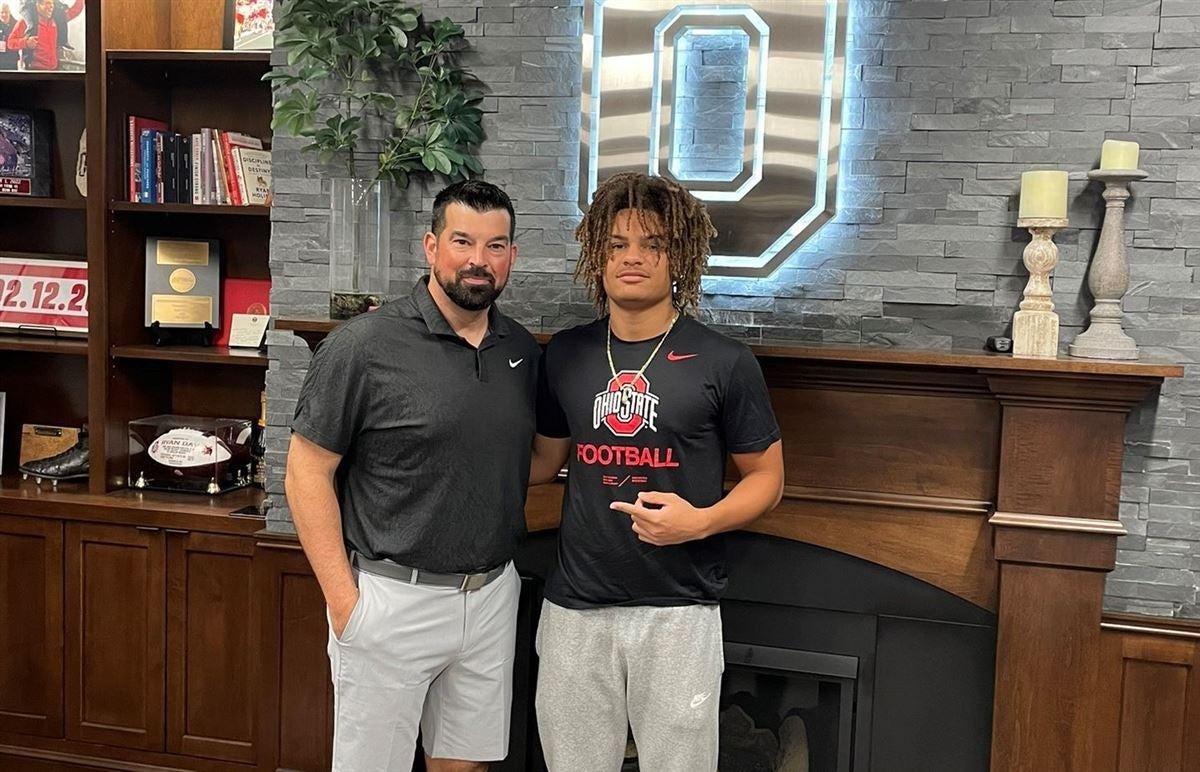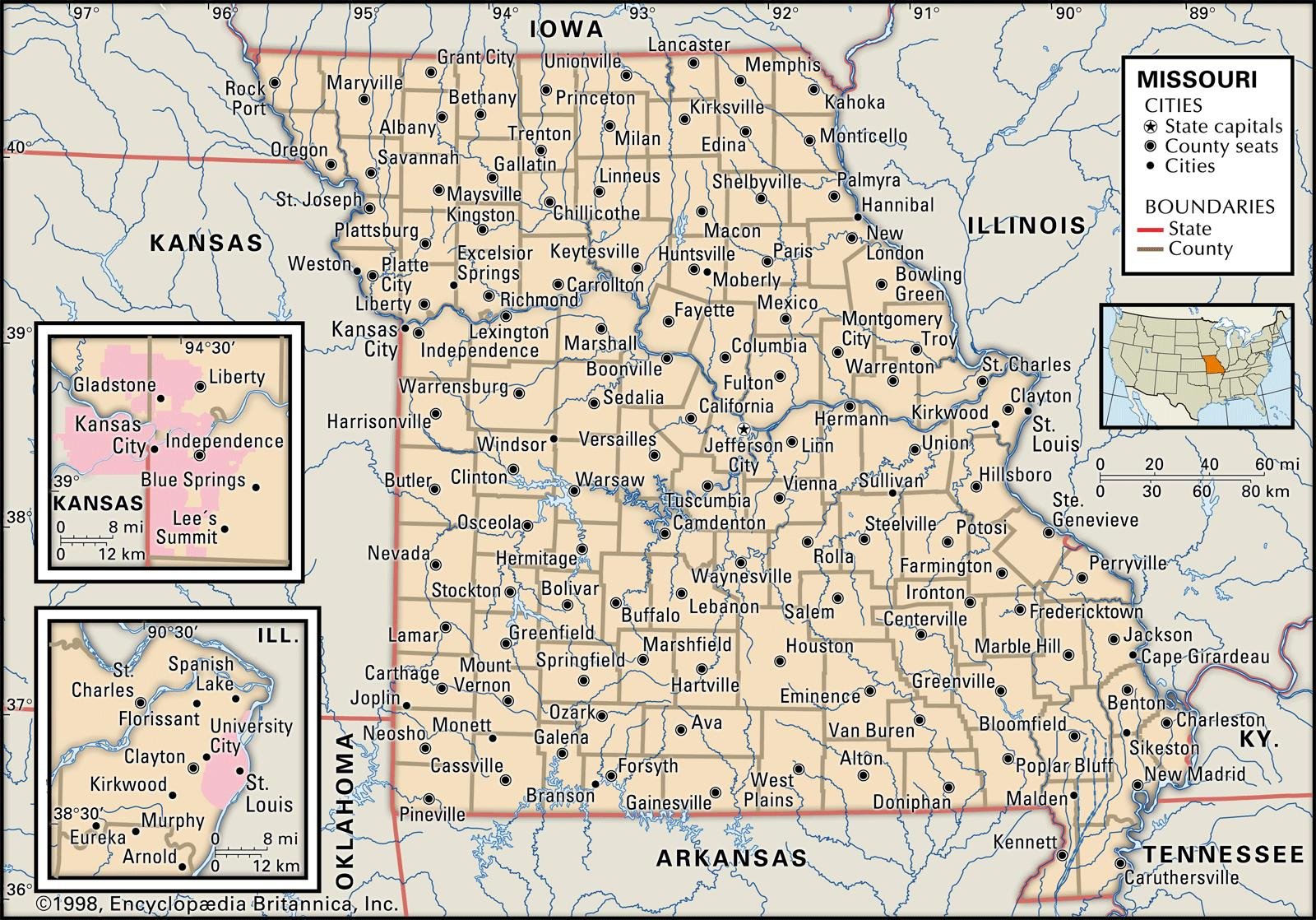In the ever-evolving landscape of college football recruiting, few stories capture the attention of fans and analysts alike quite like a commitment flip. This season, the spotlight shines brightly on Cocoa Tigers’ standout wide receiver Jayvan Boggs, whose recent decision to change his commitment from the University of Missouri to the University of Central Florida has sparked excitement and speculation across the region. With a stellar four-star rating highlighting his athletic prowess and potential, Boggs’s choice not only reflects a pivotal moment in his own career but also resonates within the broader narrative of college recruitment and team dynamics. As we delve into the factors behind this high-profile switch and what it means for both programs, we’ll explore the implications of Boggs’s decision on his future and the landscape of college football as it unfolds.
Impact of Jayvan Boggs Commitment on UCFs 2024 Recruiting Class
The recent commitment of Jayvan Boggs brings a significant boost to UCF’s 2024 recruiting class, garnering attention from both fans and analysts alike. As a 4-star wide receiver, his ability to stretch the field and create mismatches is expected to elevate UCF’s offensive strategy. Boggs’ decision to flip from Missouri signifies an important shift in momentum, showcasing the Knights’ growing competitiveness in the recruitment landscape. His addition not only enhances the talent pool but also serves as a statement of UCF’s potential to attract elite prospects, underscoring the program’s ambitions on a national scale.
Moreover, the impact of Boggs’ commitment goes beyond just his individual skill set. It has the potential to create a ripple effect within the recruiting circuit, enticing other high-caliber athletes to consider UCF as a serious destination. With his established reputation in high school football, Boggs can serve as a magnetic force, influencing his peers and fellow prospects. A few key outcomes from his commitment include:
- Increased Attention: UCF’s recruiting efforts will likely gain traction as other recruits take note of the rising program.
- Strengthened Relationships: Boggs may help foster connections with other players looking to join a competitive team.
- Enhanced Team Chemistry: Early commitments like Boggs can lay the groundwork for a cohesive recruiting class.
As UCF continues its quest for a standout recruiting class, the implications of Boggs’ commitment could very well shape the future of the Knights’ football program.

Analyzing the Shift: What Led to Jayvans Change of Heart
Jayvan Boggs’ recent decision to switch his commitment from Missouri to UCF has sent ripples through the college football community. Several factors appear to have influenced this significant change of heart. The allure of playing for a program that has gained momentum and visibility in recent years cannot be understated. UCF’s recent successes in major bowl games and a dynamic offensive scheme under their coaching staff present an enticing opportunity for a talented wide receiver like Jayvan. His desire for maximum exposure in the upcoming NFL draft is likely a driving force as UCF’s rapid ascent and ability to showcase talent in a high-octane offense make it a prime location for prospective players looking to elevate their game on a national stage.
Additionally, the personal relationships developed during the recruitment process played a crucial role in his decision. Jayvan reportedly formed strong bonds with key members of UCF’s coaching staff, particularly Head Coach Gus Malzahn, who is known for nurturing talent and implementing a system that emphasizes a wide receiver’s skills. This connection, combined with the supportive environment UCF offers, made the prospect of a fresh start more appealing. Moreover, UCF’s commitment to player development and its vibrant campus culture align more closely with Jayvan’s personal values and aspirations, making the Knights an attractive option in his quest to grow both on and off the field.

Comparative Breakdown: Missouri vs. UCF for Prospective Athletes
When evaluating the paths available for aspiring athletes, the decision between Missouri and UCF presents unique factors that could greatly influence their collegiate athletics experience. Missouri boasts a rich tradition in football with a Power Five conference status, offering athletes exposure to high-tier competitions and national visibility. Its established recruiting network may also provide a more structured transition into the professional realm. On the other hand, UCF shines with its innovative coaching strategies and a burgeoning reputation for developing talent into high-impact players. The Knights’ recent successes, including an undefeated season in 2017, illustrate the potential for athletes to shine on the national stage while being part of a team that embraces a strong underdog narrative.
Ultimately, the choice for a prospective athlete could boil down to personal aspirations, with factors such as location, program culture, and athletic development playing pivotal roles. To highlight the distinctions, consider the following comparisons:
| Factor | Missouri | UCF |
|---|---|---|
| Conference Prestige | SEC | American Athletic Conference |
| Recent Bowl Appearances | Multiple | Recent NYC8 Championships |
| Style of Play | Physical Defense | Up-tempo Offense |
In addition to competitive structures, athletes must also consider the overall college experience. Missouri offers a vibrant campus life intertwined with a strong academic reputation, while UCF presents a sprawling, dynamic student body and an innovative approach to student engagement. These elements can provide substantial support beyond athletic performance, setting the stage for a well-rounded collegiate journey.

Future Prospects: How This Flip Shapes UCFs Offensive Strategy
The recent commitment flip by Cocoa Tigers’ 4-star wide receiver Jayvan Boggs from Missouri to UCF is set to significantly influence the Knights’ offensive strategy. This welcomed addition adds depth to an already dynamic receiving corps, allowing the coaching staff to expand their playbook and implement more diverse formations. With Boggs’ impressive speed and route-running ability, fans can expect UCF to leverage his talents by utilizing him in different roles, possibly as a primary target or in motion to create mismatches against defenses. His versatility will not only enhance the passing game but also open up opportunities for other skill position players to thrive.
As the Knights look to maximize Boggs’ skill set, potential strategy adjustments could include:
- Spread Offense Adjustments: Incorporating more spread concepts to exploit defensive gaps.
- Play Action Variations: Using his deep threat capability to enhance play-action plays.
- Dynamic Route Combinations: Crafting routes that capitalize on his ability to stretch the field.
To visualize his impact, consider the following table that outlines expected changes in UCF’s receiving lineup:
| Receiver | Position | Projected Role |
|---|---|---|
| Jayvan Boggs | WR | Primary Deep Threat |
| Starters | WR1/WR2 | Dynamic Playmakers |
| Supporting WRs | Slot/Depth | Complementary Targets |
This shift not only sets the stage for exciting gameplay but also signals UCF’s commitment to recruiting top-tier talent, reinforcing their ambitions within college football’s competitive landscape.
Q&A
Q&A: Cocoa Tigers’ 4-Star Wide Receiver Jayvan Boggs Flips Commitment from Missouri to UCF
Q1: Who is Jayvan Boggs, and why is his commitment significant?
A1: Jayvan Boggs is a 4-star wide receiver from Cocoa High School in Florida. His commitment is particularly significant because he brings considerable talent and potential to the field, having garnered attention from major college programs across the nation. His decision to flip from Missouri to the University of Central Florida (UCF) highlights not just his personal journey but also UCF’s growing reputation in college football.
Q2: What led Jayvan Boggs to change his commitment from Missouri to UCF?
A2: While the specific reasons behind Boggs’ change of heart have not been publicly detailed, common factors for such flips often include coaching staff changes, a school’s football program trajectory, or a stronger personal connection with the new program. UCF’s recent successes and its vibrant community could also have played a role in his decision.
Q3: How will Jayvan Boggs impact the UCF football program?
A3: Boggs adds depth and skill to UCF’s receiving corps, offering versatility and big-play capability. His speed and agility make him a threat on the field, enhancing UCF’s offensive schemes. As a talented receiver, he could become a key target for the Knights’ quarterbacks, contributing to both immediate success and future team dynamics.
Q4: What does this commitment mean for Missouri’s recruiting efforts?
A4: Losing a highly-rated prospect like Boggs can be a setback for Missouri’s recruiting efforts, potentially influencing their strategy moving forward. It underlines the highly competitive nature of college football recruiting, where schools must continually engage and convince prospects of their program’s value. Missouri will likely refocus their efforts on attracting other top talent to strengthen their roster.
Q5: How does Jayvan Boggs’s decision reflect broader trends in college football recruiting?
A5: Boggs’ flip is indicative of a trend where players regularly reassess their commitments due to evolving relationships, program trajectories, and personal aspirations. The increasing influence of social media and the transfer portal provides athletes with more access and insights, leading to informed—and sometimes rapid—decision-making regarding their future.
Q6: What can fans expect from Jayvan Boggs at UCF in the upcoming seasons?
A6: Fans can anticipate an exciting playing style from Boggs, characterized by explosive plays and strong performances. Given his status as a 4-star recruit, he is expected to make significant contributions early in his college career, potentially impacting games and enhancing the overall performance of UCF’s offense.
Q7: Are there any challenges Jayvan Boggs might face at UCF?
A7: Transitioning to college football can be challenging for any high school athlete. Boggs will need to adapt to a faster game, learn new playbooks, and develop chemistry with new teammates and coaches. Additionally, facing tougher competition in practices and games will require him to elevate his performance consistently.
Q8: What’s next for Jayvan Boggs now that he has committed to UCF?
A8: Following his commitment, Boggs will likely focus on preparing for collegiate play, honing his skills, keeping in shape, and participating in any official visits or events with UCF. He may also engage with fans through social media, showcasing his journey while looking ahead to what promises to be an exciting collegiate career.
Wrapping Up
In the ever-evolving landscape of college football recruitment, few stories resonate quite like that of Jayvan Boggs. As the Cocoa Tigers’ standout wide receiver transitions his commitment from Missouri to UCF, he not only captures the attention of fans and analysts alike but also embodies the unpredictable nature of the recruiting process. This decision reflects not just personal ambitions, but the strategic shifts inherent in college athletics. As Boggs embarks on this new chapter, both programs will undoubtedly feel the ripple effects of his choice. The excitement of the future lies ahead—for Boggs and for UCF, as they integrate a dynamic talent into their ranks. Keep an eye on this evolving narrative, as we witness the unfolding of Jayvan Boggs’ journey in the world of collegiate football.

